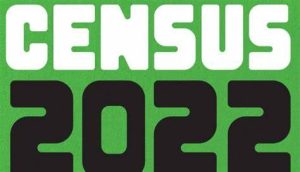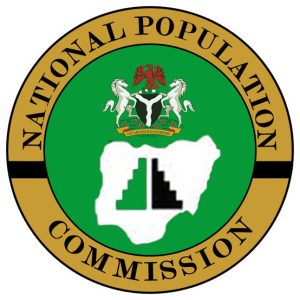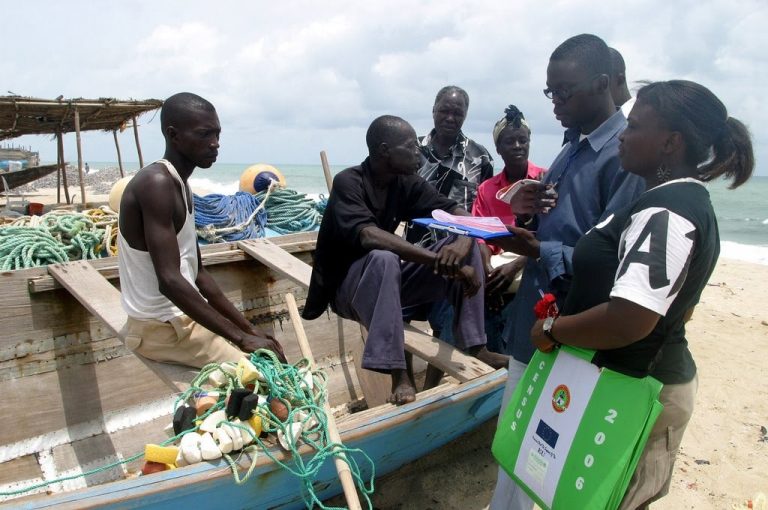- Have any questions?
- [email protected]
Is a population and housing census necessary amidst rising insecurity | #2022Census

Maternal mortality ratio in Nigeria [Infographic]
19 January 2022
Nigeria’s Corruption Perception Index Rating (2013 – 2021)
31 January 2022Census-taking in Nigeria is an intractable issue that has always been shrouded in controversy as a result of politicisation and ethnic sentiments.
Prior to the population census of 1991, census figures were largely rejected on grounds of partial coverage, political and ethnic manipulations, claims of negotiations, and deliberate falsification. Following the inability of the Nigerian authorities to conduct a census since the last exercise in 2006, it has been planning based on population projections by the Nigerian Bureau of Statistics (NBS).
This is in spite of disparity between the population estimation by the NBS, World Bank, United Nations Population Fund (UNFPA), and other international organisations like Statista, thus calling into question, the accuracy of successive national budgets and plans.

Accordingly, more than fifteen years after the 2006 census (the first population and housing census), Nigeria is preparing for another census come May 2022. A humongous N400 billion has been alloted as budget for the National Population Commission (NPC), with N177.33 billion set aside for the maiden digital census in the 2022 National Budget.

Despite the incumbency of a population census in Nigeria, there are growing concerns from different quarters on the timing of the forthcoming census given the social, political, and economic conditions of the country. Many Nigerians find it hard to believe that the country is ready for any census amidst incessant banditry, terrorism, secessionist agitations, large scale displacement, and economic recession.
Buttressing the insecurity concern is the fact that one of the NPC Staff in Kaduna was killed by bandits and Enumeration Area Demarcation has been difficult in Birin Gwari Local Government. In addition, the census is considered to be wrongly timed on the ground that it would coincide with the peak period of political activities for the all-important 2023 elections.
Indeed, the aforementioned situations can lead to the census yielding controversial statistics for the nation just like most of the previous ones.

Similarly, the current situation in the country requires an appraisal of the past, proper description of the present, and a near-accurate projection for the future; which is census-taking forms a bedrock. Amidst the overwhelming rate of insecurity, economic downturn, and secessionist agitations, the government needs to be well-informed to steer the country in the right direction.
With a population and housing census, the Nigerian government would be equipped with the information necessary for national planning and budgeting, and to deal with insecurity, territorial transgressions, and illegal migration. Also, when used appropriately, a housing census will contribute significantly towards the plans for bridging Nigeria’s housing deficit as contained in the National Development Plan (2021-2025).
Additionally, a well-planned and executed census will be particularly instrumental to the 2023 elections as it will clear out lingering doubts which usually stem from estimated population in many states of the country.
Nevertheless, regardless of the significance of a population and housing census to Nigeria today, the outcome depends largely on the readiness of the government for such a grand undertaking. Along with the planning put in place by the NPC, adequate security as well material and technical support must be provided by the government lest the entire exercise fails before take-off.

